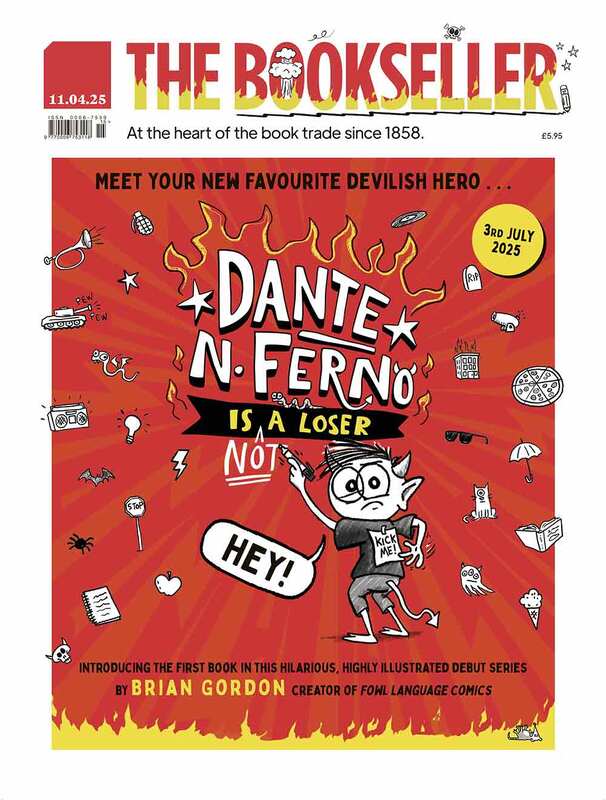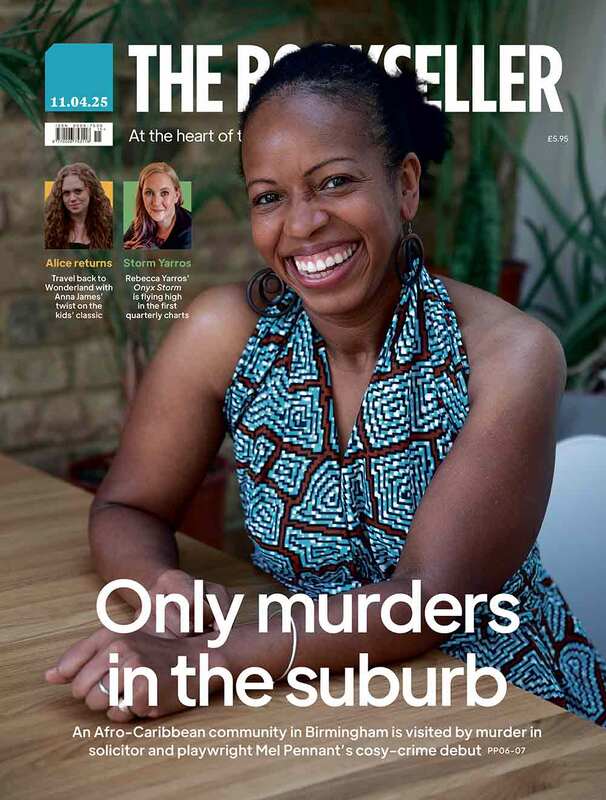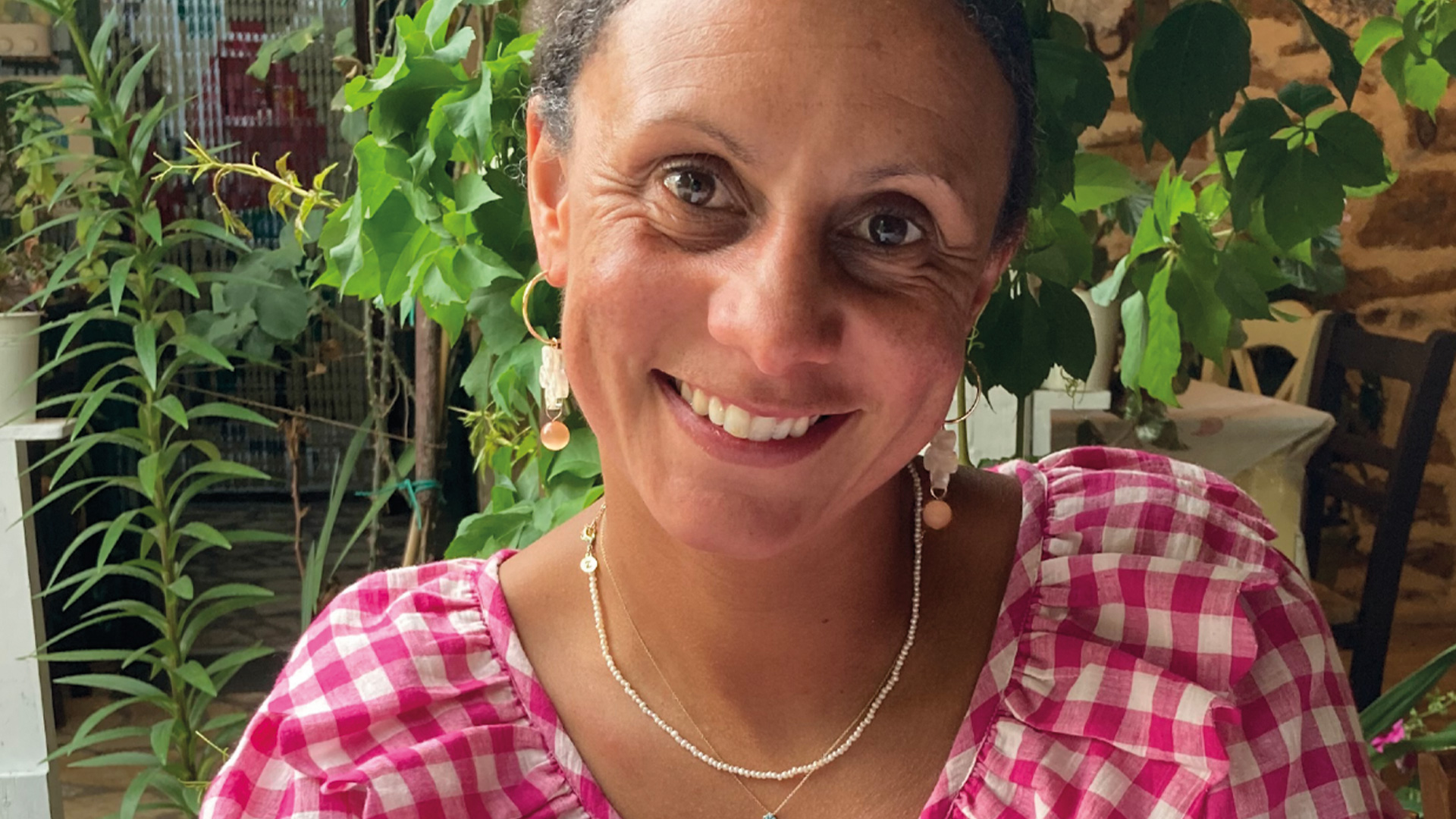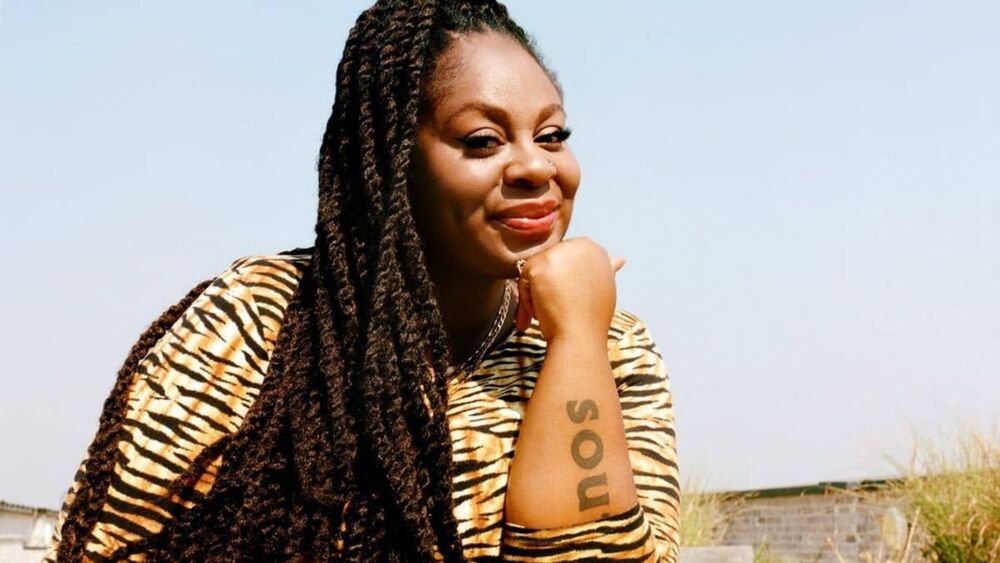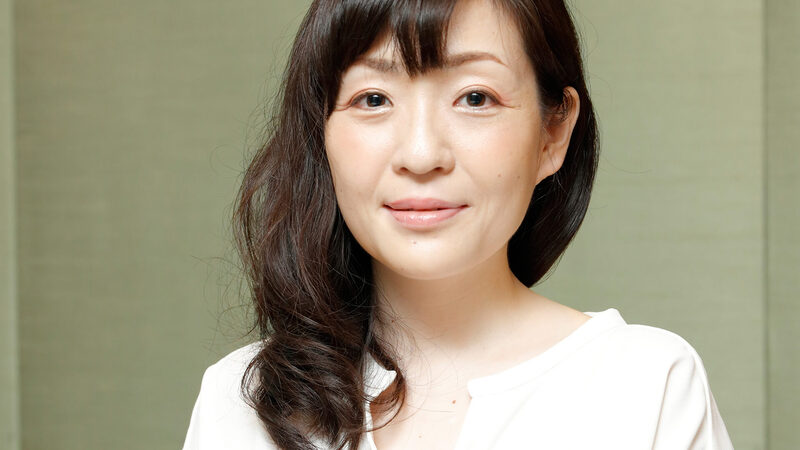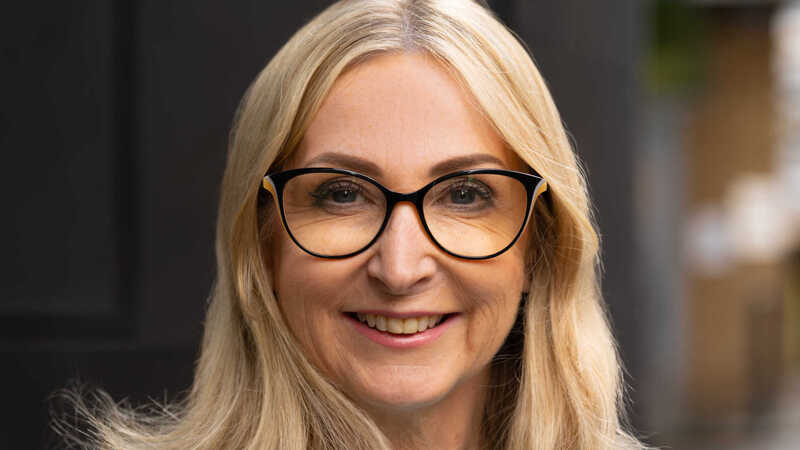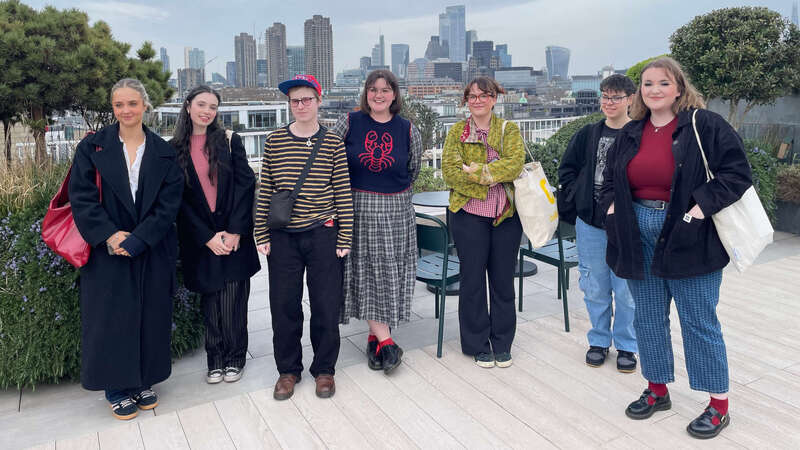You are viewing your 1 free article this month. Login to read more articles.
‘Imbalances still remain’ when it comes to Black authors in the bestsellers’ lists
Publishing and promoting a diverse range of authors to reflect society has continued to be a priority in the UK book trade over the past few years, but “imbalances” remain despite the industry’s efforts. Independent booksellers have raised concerns about whether the publishing process helps books by Black authors early in their careers to reach readers, and succeed commercially, both across adult and children’s publishing.
The top 1,000 bestselling authors of last year sold a combined 98.5 million units for £763.9m, according to Nielsen BookScan’s Total Consumer Market (TCM) data. The Bookseller has identified 23 Black authors among the top 1,000, with the sales of their books adding up to a total of £11.2m. The author count has dropped marginally since 2022, and is equal to about 1.5% of the total value, representing a drop from 2021.
Hardback publishing for books by début authors poses a potential barrier to getting titles by Black authors—especially those early in their careers—into the hands of readers, according to Fleur Sinclair, the Booksellers Association’s newly appointed president and the owner of Sevenoaks Bookshop in Kent. The higher price-tag prevents otherwise eager customers from taking a chance on a new author, and Sinclair highlighted the fact that some books by début authors retail at £18.99, with some books priced even higher.
Sinclair pointed out that various lists of publishers’ “autumn highlights”, which spotlight some of the biggest titles of the year, are lacking in diversity. She said that it is vital “not just [to] create pathways, but the long-term strategies that help redress these imbalances”. The BA’s president told The Bookseller: “With Black authors being still in such a minority, if you like, they can’t afford to have just the same old publishing model… If we’re trying to change the offering, and we’re trying to change the landscape, then we’ve got to think about different ways in which those authors and their books will be better supported.”
The role of paperbacks in helping promote début Black writers was echoed by Rosamund de la Hey, co-owner of The Mainstreet Trading Company in Melrose, in the Scottish Borders, who said that “paperback is the easier sell when customers are trying any new author”. But there are also occasions where hardbacks can contribute to the success of a title, even for books by writers that customers are less familiar with, and de la Hey said that sometimes “a really beautiful hardback cuts through”. Will Smith, co-owner the co-owner Sam Read Bookseller in Grasmere in the Lake District echoed de la Hey, adding that the booksellers have “seen instances where first publication has been trade paperback when you might expect hardback, and that has impacted potential sales and excitement”.
According to Smith, Black British authors especially are “under promoted” by publishers, regardless of the stage of their career. “While we now see more books published by Black British writers, we often see publishers promoting Black American authors rather than Black British writers,” he explained. “It’s often surprising how being a rural bookshop shapes publishers’ perception that we will sell fewer Black writers.”
Nels Abbey, co-founder of the Black Writers Guild, mentioned instances of publishers neglecting Black authors. “It is far from unusual to receive distress calls from Black writers who have been all but deserted by their publishers,” he said. “We are aware of situations in which publishers have performed well beneath the most basic of expectations: failing to send out proofs for quotes, near no promotion whatsoever, refusal or inability to engage with the author’s concerns, etc.”
Fiction books by Sara Collins, Temi Oh, Candice Carty-Williams, Yvonne Battle-Felton, and Caleb Azuma Nelson have all been bestsellers for Sam Read Bookseller in Grasmere, Cumbria. Meanwhile, The Mainstreet Trading Company has seen strong sales for titles by Caleb Azuma Nelson, Oyinkan Braithwaite, Paterson Joseph and Andrea Elliott. De la Hey said that these titles have been “championed” by the booksellers, which has contributed to their success with the shop’s customers.
A lagging sector
The children’s book sector “seems to be lagging behind” in some aspects when it comes to promoting titles by Black authors, according to Kelly-Jade Nicholls, the founder of the Woke Babies subscription service, and the Melanin Dreams bookshops in Norwood, south-east London. “For adult books, I’ve seen more substantial marketing budgets and partnerships with awesome PR companies such as Dark Matter, which really know how to push diverse authors into the spotlight,” she said, arguing that children’s publishing has not kept up with the pace of change.
Nicholls, who is also the illustrator of the book My Favourite Bible Stories, written by Sarah Fletcher (William Collins), told The Bookseller: “One major issue is that publishers often leave the promotion up to the authors themselves, which is a huge task and often not their area of expertise. It would be so helpful if publishers took simple steps like creating a list of bookshops that specialise in diverse authors and consistently sending them advanced copies… There’s a huge audience out there hungry for diverse stories, and with the right promotion, these books could really thrive.”
Publishers have designed various initiatives to develop and promote Black writers, and to help their books find their readers. Penguin Random House’s WriteNow programme, for example, aims to “find and nurture unpublished writers from communities under-represented on the nation’s bookshelves”. Of the writers who have participated, 42.5% have been from Black, Asian or minority ethnic backgrounds, according to a PRH spokesperson. Moreover, PRH and other publishers participating in the Lit in Colour programme are also looking to address the diversity of writers in school curriculums—256 schools have taken part in the Lit in Colour Pioneers Pilot Programme, which incentivises secondary schools to switch the text they were teaching at GCSE or A Level to a book by a writer of colour, reaching over 26,000 students.
PRH, Pan Macmillan and Hachette UK also partner with the Black British Book Festival, which was founded by author and event producer Selina Brown, and designed to spotlight new Black British authors writing across a range of genres. PRH has offered emerging writers information about the industry at its “Getting Published” stall, and Pan Macmillan has also participated, completing its first Writers on the Rise initiative and equipping 30 Black British writers with the tools to navigate the publishing world and build resilient careers.
Publishers are also focused on improving representation within publishing itself, to get closer to the goal of publishing a more diverse range of authors and books. Various initiatives have been launched with this aim recently, including HarperCollins’ Ethnicity Development Circle, which offers mentorship for “every ethnic minority employee” internally, and runs alongside the publisher’s senior sponsorship programme for “ethnic minority leaders”. Meanwhile, its “Marketing Fund” gives the team the marketing budget to explore how to reach diverse audiences for books.
Moreover, PRH hosts a six-month positive action traineeship open to Black, Asian or minority ethnic candidates, as well as those who are from lower socio-economic backgrounds. It has also established a mentorship partnership with Creative Access for its employees, in one of multiple initiatives aimed at increasing representation within its teams. Meanwhile, Hachette UK has collected data on Black consumers’ reading habits, and is using this information to build more representative working practices across various departments. “We use the data to inform how we create, promote, and sell Black writers’ and illustrators’ work,” said Kim Kidd, Hachette UK’s diversity and inclusion manager.
At Dialogue and Renegade, managing director Sharmaine Lovegrove and publisher Christina Demosthenous have been working “to forge stronger links with writers from the Caribbean”, attending Jamaica’s Calabash festival, and working with the University of West Indies and PREE magazine. “At Dialogue our mission is to amplify writers from a range of communities to readers across society,” said Lovegrove, who is also the patron of Hachette UK’s Changing the Story programme. “Black writers are at the core of that, but our intentional actions mean that as a company we are not foregrounding the race, ethnicity or other protected characteristics of our authors, instead flagging that they have written brilliant narratives that must be read.”

